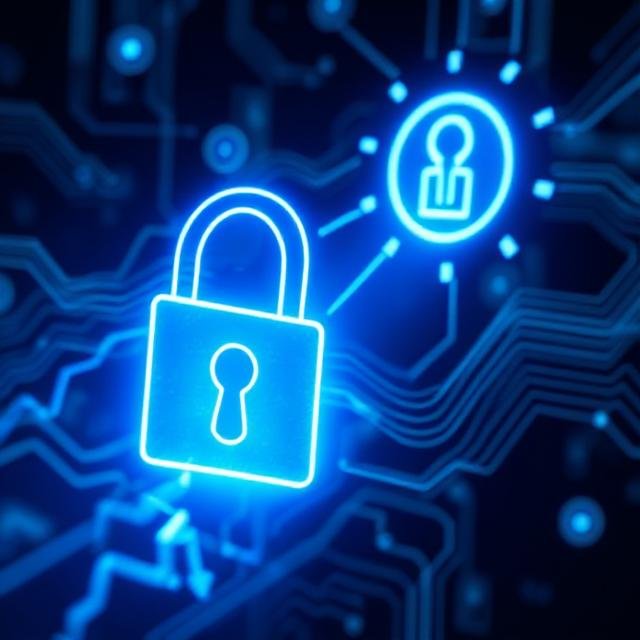
Are Smart Home Devices Secretly Watching You? The Answer Might Surprise You
Smart home technology has become a staple of modern life. From voice assistants to smart thermostats and security cameras, these devices promise convenience, automation, and seamless connectivity.
But behind the sleek interfaces and helpful features lies a growing concern: are these devices secretly spying on you?
A recent study by consumer watchdog group Which? suggests the answer might be yes. The research sheds light on how many smart home gadgets collect, store, and share user data — often without clear consent or transparency.
Let’s take a closer look at what the study found and how you can protect your privacy in an increasingly connected world.
What the Study Found
The investigation looked into popular smart devices from major brands like Google and Amazon. Among the findings were several red flags:
1. Widespread Data Sharing
Many smart home devices send user data to third parties — sometimes without users even knowing. This includes usage habits, voice recordings, and even location data.
2. Potential for Eavesdropping
Voice-activated devices, such as smart speakers, were found to occasionally record unintended conversations. These audio snippets may be stored and reviewed later — raising serious concerns about constant listening.
3. Lack of Transparency
Manufacturers often bury details about data collection deep within lengthy privacy policies. As a result, most users have little understanding of what data is being collected or how it’s used.
4. Security Vulnerabilities
Some devices were found to have weak security protections, making them easy targets for hackers. A compromised smart device could expose personal information or even give access to your entire home network.
How to Protect Your Privacy at Home
You don’t have to give up smart technology entirely — but you should use it wisely. Here are practical steps to keep your data safer:
🔍 Review Privacy Policies Before Buying
Before purchasing a smart device, check the manufacturer’s privacy policy. Look for clear explanations of how data is collected, shared, and protected.
🛠️ Adjust Privacy Settings
Most smart devices offer privacy controls. Use them to disable unnecessary data sharing, limit microphone access, or turn off always-listening features.
🔐 Use Strong, Unique Passwords
Avoid using default passwords. Set strong, unique credentials for each device and your Wi-Fi network to prevent unauthorized access.
📲 Keep Firmware Updated
Enable automatic updates or manually update firmware regularly. These updates often include critical security patches that protect against known vulnerabilities.
🧹 Audit Connected Devices Regularly
Check which devices are connected to your network. Remove any that you no longer use or that lack ongoing support from the manufacturer.
🌐 Consider Offline Alternatives
If privacy is a top priority, consider non-connected versions of certain devices. For example, a traditional thermostat or a camera that doesn’t upload footage to the cloud.
🗣️ Limit Voice Assistant Features
If you’re concerned about being recorded, disable voice recording features or choose devices that process commands locally instead of in the cloud.
Stay Smart — and Stay Secure
Smart home devices bring undeniable benefits, but they also come with real privacy risks. Awareness and proactive measures are your best defense.
Want to know if your smart home setup is truly secure?
📞 Contact us today to schedule a smart home security review. We’ll help you enjoy the perks of smart tech — without sacrificing your privacy.




